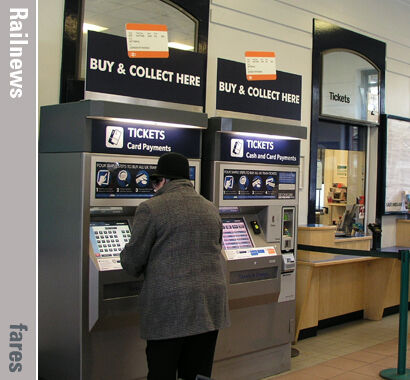Railway fares will rise in March next year but not by the Retail Prices Index in July, which was 9 per cent.
Instead, it is expected that the increase will be based for the second year running on Average Earnings Growth, which was 5.9 per cent in the quarter to July 2022 and used to decide this year’s changes.
The 2024 increase applying to train operators in England is due to be announced next month. Any changes in Scotland, Wales and Northern Ireland will be decided separately, usually by the devolved governments.
But the prospect of any increase has already ignited criticism.
ASLEF general secretary Mick Whelan said: ‘After all the effort by rail workers to keep Britain’s railway network running during 17 hard months of lockdown, to keep key workers and essential services moving around this country, and after all the work done to encourage people back on to our trains post-pandemic, I am shocked, but not surprised, that this government is putting up fares yet again.
‘We should be encouraging more people to use our trains – taking cars off the roads and reducing carbon emissions – but this will only deter passengers from travelling. I’m afraid this government either doesn’t understand, or simply doesn’t care, what it is doing.’
‘I do hope the government doesn’t try to tell anyone this is our fault. It isn’t. This is a fare rise made in Downing Street, and at the DfT, by people who don’t want our railways to thrive for passengers and businesses in Britain.’
Transport Focus chief executive Anthony Smith said: ‘Nobody likes their fare going up, but after a year where many journeys have been blighted by disruption due to industrial action and patchy performance, passengers will be relieved to hear that fares will be capped below the Retail Prices Index and any increases will be delayed until March next year.’


